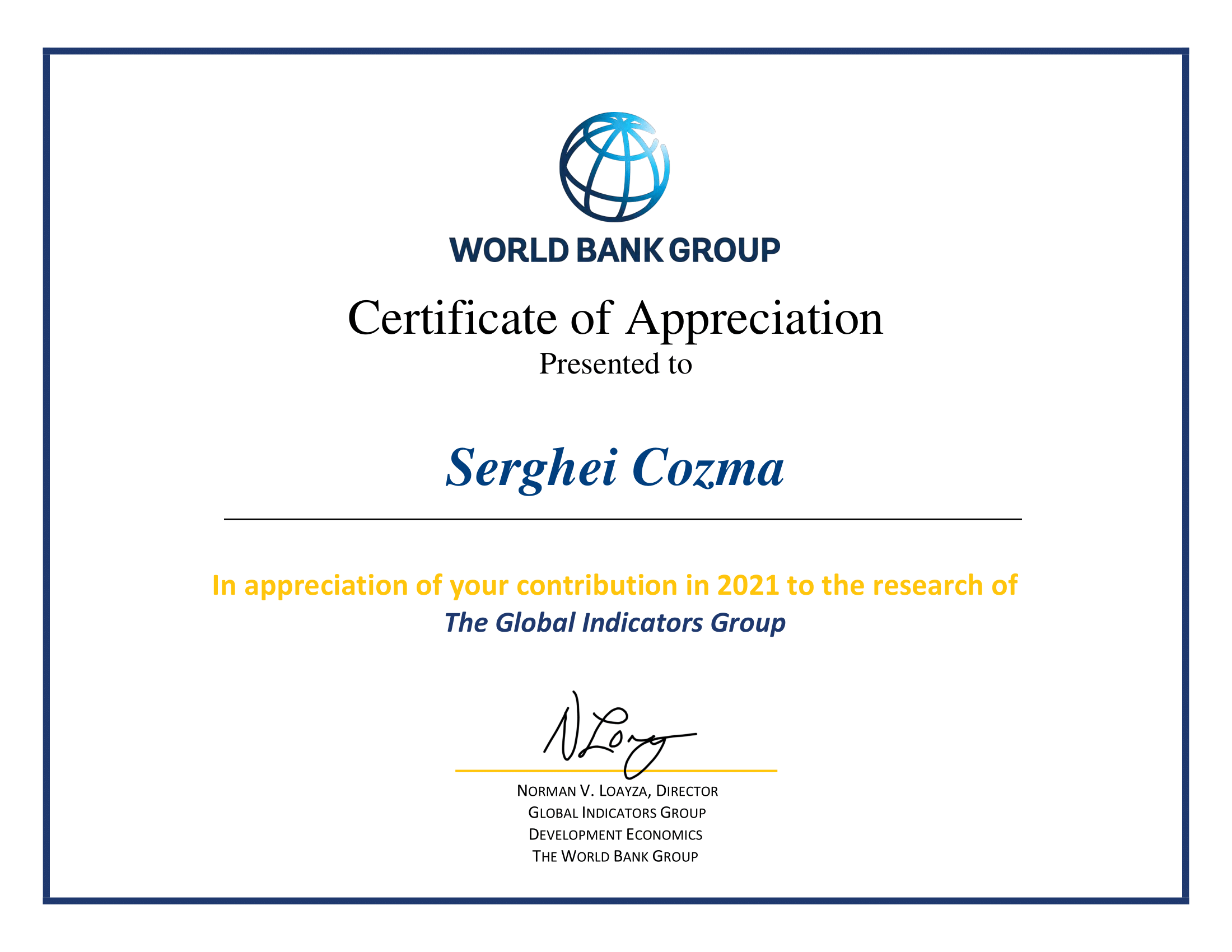On June 6, 2014, the International Chamber of Commerce (ICC) Commission on Arbitration and ADR – one of the world’s leading think tanks on international dispute resolution – launched a useful new tool for in-house counsel, managers and government officials responsible for managing international arbitrations. Entitled “Effective Management of Arbitration: A Guide for In-House Counsel and Other Party Representatives” (the ICC Guide), the publication is designed to be a practical toolkit for conducting arbitrations in a time- and cost-effective manner, taking into account the complexity and value of the dispute.
One important advantage of international arbitration is the flexibility to custom design the procedure before the arbitral tribunal to suit the specific needs of each dispute. In fact, the ICC Rules of Arbitration and most other arbitration rules are silent on many key aspects of how arbitrations are to be conducted, such as the number and timing of briefs, document production, witness examination, oral argument, post-hearing briefs and the like. Far from an accidental omission, this is a clear endorsement of procedural flexibility as one of the hallmarks of international arbitration. However, recent experience has shown that too often parties and tribunals do not avail themselves of this flexibility, and fail to tailor the procedure to the dispute. Applying boilerplate solutions or deciding on procedural matters in a piecemeal fashion as the case proceeds can negatively impact the way in which parties are able to present their cases, and often leads to increased time and costs.
To address this concern, the ICC Guide highlights procedural options available to parties at the outset of an arbitration and throughout the proceeding to promote effective case management. In doing so, the ICC Commission on Arbitration encourages parties and their counsel to look at case management from a cost/risk/benefit perspective. No one procedure is appropriate for every arbitration, and the procedure for and resources to be devoted to each arbitration should take into account the value and complexity of the dispute. While the ICC Guide was elaborated with the ICC Rules of Arbitration in mind, it can be applied to arbitrations conducted under any rules, and in large and small cases alike.
The ICC Guide is composed of three main parts: (a) a discussion of settlement considerations; (b) a discussion of the case management conference; and (c) a series of topic sheets, each dealing with a specific phase or procedural issue in the arbitration process. The topic sheets are perhaps the most innovative part of the ICC Guide – they do not provide hard and fast answers, but instead provide a useful methodology for strategic decision-making.
INTERNATIONAL ARBITRATION UPDATE
Settlement Considerations
Noting that a negotiated settlement can save time and cost, the ICC Guide encourages awareness of settlement options throughout the arbitration. To this end, it advocates early case assessment so that counsel may determine the strengths and weaknesses of their respective cases and decide, at an early stage, whether it is advisable to settle the case or to proceed with the arbitration.
In addition to addressing key considerations for assessing whether to attempt early settlement, including the likely cost and outcome of the dispute, the preservation of relationships and potential difficulties enforcing arbitral awards against some respondents, the ICC Guide describes a number of methods for reaching a settlement. These include mediation, neutral evaluation and mini-trials. Some case management techniques can also be used to facilitate settlement during the course of the arbitration, including bifurcation of the liability and damage phases and early consideration of controlling issues. Since the opportunity to settle can arise at any time, the ICC Guide emphasizes the importance of creativity and open-mindedness in considering settlement options at all stages.
Case Management Conference
The ICC Guide places considerable emphasis on the case management conference. This is an important mechanism for determining the manner in which each arbitration will be conducted. While the 2012 ICC Arbitration Rules require the arbitral tribunal to convene an early case management conference, similar “procedural” or “Terms of Reference” hearings are routinely held in ad hoc arbitrations and proceedings under other rules.
During the case management conference, the parties and the arbitral tribunal typically decide such procedural issues as the number and timing of briefs, the extent of document production, the early determination of issues, fact and expert witness procedures, and the conduct of any hearings. The topic sheets in the ICC Guide are designed to assist the parties in making appropriate decisions regarding each of these procedural steps.
Where an important matter of principle is at stake or the amount in dispute is significant, a party may be willing to incur the expense and time required for several rounds of briefs, extensive document production, and a large number of fact and expert witnesses. By contrast, where the amount in dispute is relatively modest, time is of the essence or the parties wish to preserve their relationship, a more summary set of procedures may be appropriate.
Topic Sheets
To assist parties in making case management decisions that are both appropriate and strategic, the ICC Guide contains eleven topic sheets corresponding to the major procedural steps in an arbitration. Following a standard format, each topic sheet: (a) presents the topic and identifies key issues; (b) sets out the options available to parties for that particular topic; (c) discusses the pros and cons of the various options; (d) analyzes the choices from a cost/risk/benefit perspective; and (e) lists useful questions to help focus on critical decisions to be made. The topic sheets are not prescriptive, but are to be used as a basis for discussion between party representatives and outside counsel on the procedural choices to be made in the arbitration.
• Request for Arbitration: At the outset of every arbitration, the claimant must decide on the length and detail of the Request for Arbitration. A shorter, less comprehensive Request will save time and money in the short term. A more detailed Request, however, may help expedite the arbitration by accelerating the development of the parties’ positions, and promote early settlement by establishing the strength of the claimant’s case. In all circumstances, early case assessment is strongly encouraged to enable proper strategic decision-making.
• Answer and Counterclaims: Similarly, the respondent must decide on the length and detail of the Answer and any Counterclaim. If the claimant has filed a short Request and the respondent reciprocates promptly with an equally short Answer, the case will likely proceed expeditiously to the case management conference. A more detailed presentation of the respondent’s case may require more time to prepare, but will increase the impact of the Answer. It will also provide the parties and the arbitral tribunal with a better understanding of the claims and defenses, and thus facilitate decisions regarding the need for and timing of document production, the number and timing of submissions, and the length of any merits hearing.
• Multi-Party Arbitration: In recent years, the ICC Rules and those of other institutions have been modified to facilitate multi-party arbitration – involving more than two parties. Multi-party arbitration, when possible and appropriate, may avoid duplication of proceedings, and eliminate the risk of conflicting decisions. It may, however, also result in more complex proceedings, deprive the parties of the ability to choose a co-arbitrator, and run contrary to a party’s strategic objectives.
• Early Determination of Issues: In some cases, it may be appropriate to break out issues for early determination in a partial award. Relevant factors to be taken into account include: the likelihood of a dispositive determination; the likelihood of the determination leading to settlement; the time and cost of the remaining phases of the arbitration, and whether they may be simplified following the partial award; and the added cost of an early determination.
• Rounds of Written Submissions: The number of rounds of written submissions will clearly have an impact on the time and cost of an arbitration. While additional rounds of written submissions allow the parties to comprehensively articulate their positions and respond to the developing arguments of the opposing party, they may also lead to unnecessary repetition, excessive detail or dilatory tactics and will certainly lead to increased costs.
• Document Production: When the parties choose to have document production, the extent of production and manner in which the process is implemented can have a significant impact on time and cost. Document production is not required or appropriate in every arbitration, but it may be essential where one party is in exclusive possession of documents that the other party requires to prove its case. Even where not essential to prove a party’s case, document disclosure can be of significant assistance in resolving disputed issues of material fact. In deciding the extent of document production, the ICC Guide recommends that the parties explore whether they can effectively meet their burden of proof with the documents already in their possession, and whether the opposing party is likely to have documents that are genuinely useful.
• Need for Fact Witnesses: Parties are encouraged to weigh the benefits of having fact witnesses to prove their case against the resulting increase in the time and cost of the arbitration. When determining the need for fact witnesses, key issues to be considered include: whether there are disputed facts and, if so, whether they are relevant and material to an issue in dispute; whether the disputed facts can be proven by documents alone; and the benefit of having a witness present a broader picture of the circumstances surrounding the dispute. Our experience is that, in most arbitrations of any significance, fact witnesses are an essential part of presenting a persuasive case to the arbitral tribunal.
• Fact Witness Statements: Written witness statements increase the length and cost of the pre-hearing phase, but usually reduce the length and cost of the hearing by replacing direct examination and allowing for a more focused cross-examination. Beyond this basic trade-off, decisions are required regarding the form, scope, number and timing of witness statements. Comprehensive witness statements, while more costly and providing greater scope for cross-examination, allow witnesses to tell the story of the dispute and place documentary evidence in context. More than one round of witness statements will provide witnesses with the opportunity to rebut the evidence of other witnesses, but will increase time and cost prior to the hearing. Where the procedure does not allow for rebuttal witness statements, however, this will frequently lead to increased hearing time, and make it more difficult for an opposing party to cross-examine a witness whose rebuttal testimony is being presented for the first time during the hearing.
• Expert Witnesses (Pre-Hearing Issues): As with fact witnesses, there are several issues to consider in relation to expert witnesses, including whether there is a genuine need for expert evidence, the type of expert (e.g., party-appointed, tribunal-appointed or both), the methods for selection, the timing of any written reports, and the possibility of expert meetings to identify points of agreement and disagreement.
• Hearing on the Merits (Including Witness Issues): The ICC Guide poses a question not often raised – Is it genuinely necessary to hold a hearing at all? While oral hearings are often seen as a key opportunity for the parties to present their cases, they are also typically one of the most expensive and time-consuming phases of an arbitration. Where a case turns solely on a question of law, parties may wish to consider whether an oral hearing is in fact necessary. Cost and time can nevertheless be reduced by making appropriate choices with respect to the organization of the hearing, e.g., setting the hearing dates at the outset of the arbitration and reducing the length of the hearing by limiting the scope of opening statements, direct examination and cross-examination, and making use of witness conferencing.
• Post-Hearing Briefs: While post-hearing briefs are valuable for addressing the key evidence and issues that arise during the hearing, and assist the arbitral tribunal with drafting the award, they also add to the cost of the arbitration and can contribute to delay in rendering the final award. Parties may limit costs by agreeing either to oral closing statements at the conclusion of the hearing, or to post-hearing briefs, but not both. In addition, arbitrator guidance on issues which they would like addressed in the post-hearing briefs, page limitations, and limiting the briefing to one round can save substantial costs.
Conclusion
The ICC Guide recognizes that there is no one-size-fits-all approach to the effective management of an arbitration. For each arbitration, the approach will depend on the complexity and value of the dispute, and ultimately on the overall strategy that each party wishes to pursue. The ICC Guide provides a useful resource for helping in-house counsel think proactively about case management considerations at an early stage and craft tailored procedures consistent with their chosen strategy.
If you have any questions regarding this update, please contact the below or the Sidley lawyer with whom you usually work.
Marc Palay
Partner
David Roney
Partner
Tanya Landon
Partner
Diana Kuitkowski
Associate
mpalay@sidley.com
droney@sidley.com
tlandon@sidley.com
dkuitkowski@sidley.com
+41.22.308.00.15
+41.22.308.00.44
+41.22.308.00.60
+41.22.308.00.49
Sidley International Arbitration Practice
Sidley Austin LLP has one of the largest litigation and arbitration practices in the world. From our offices in the U.S., Asia and Europe, our International Arbitration Group provides globalized service on complex arbitrations in international business disputes. Our International Arbitration Group has bilingual and bicultural partners who are fluent in English, Korean, Japanese, Mandarin or Cantonese, among other languages, as well as an interconnected network of offices in Asia from which our International Arbitration Group coordinates strategic meetings, witness preparation, and expert interviews, wherever the place of arbitration may be.
To receive future copies of this and other Sidley updates via email, please sign up at www.sidley.com/subscribe
BEIJING ∙ BOSTON ∙ BRUSSELS ∙ CHICAGO ∙ DALLAS ∙ FRANKFURT ∙ GENEVA ∙ HONG KONG ∙ HOUSTON ∙ LONDON ∙ LOS ANGELES NEW YORK ∙ PALO ALTO ∙ SAN FRANCISCO ∙ SHANGHAI ∙ SINGAPORE ∙ SYDNEY ∙ TOKYO ∙ WASHINGTON, D.C.
Sidley Austin refers to Sidley Austin LLP and affiliated partnerships as explained at www.sidley.com/disclaimer. www.sidley.com | 





